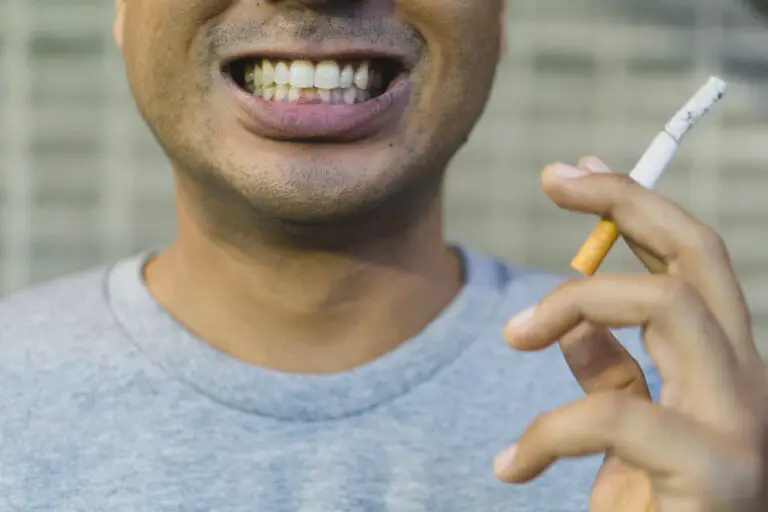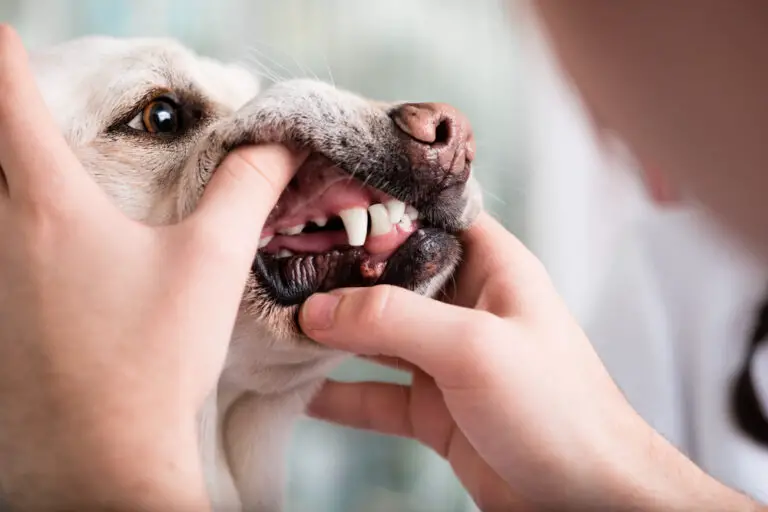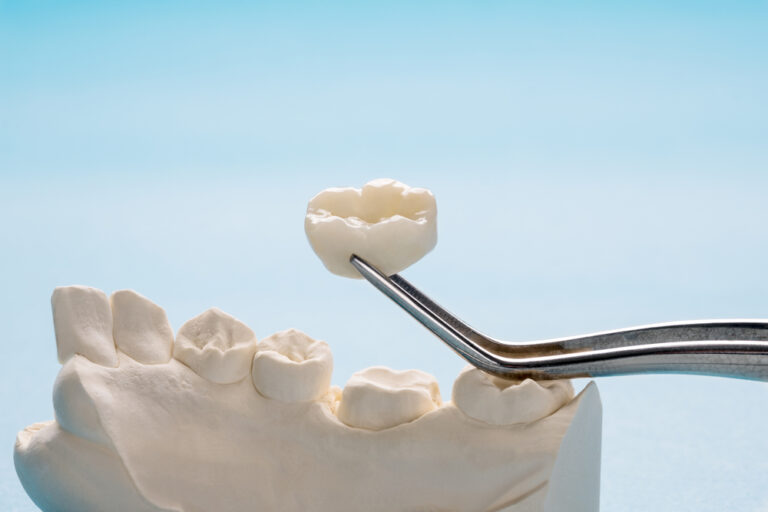Oral hygiene is extremely important for maintaining good overall health. Brushing and flossing every day helps remove plaque, which is a film of bacteria that sticks to the teeth and gums. If plaque is not removed each day, it hardens into tartar that brushing alone cannot remove. Tartar buildup can eventually lead to gingivitis and periodontal disease. Despite the importance of daily brushing, many people still do not brush their teeth regularly.
Key Reasons Why People Skip Brushing
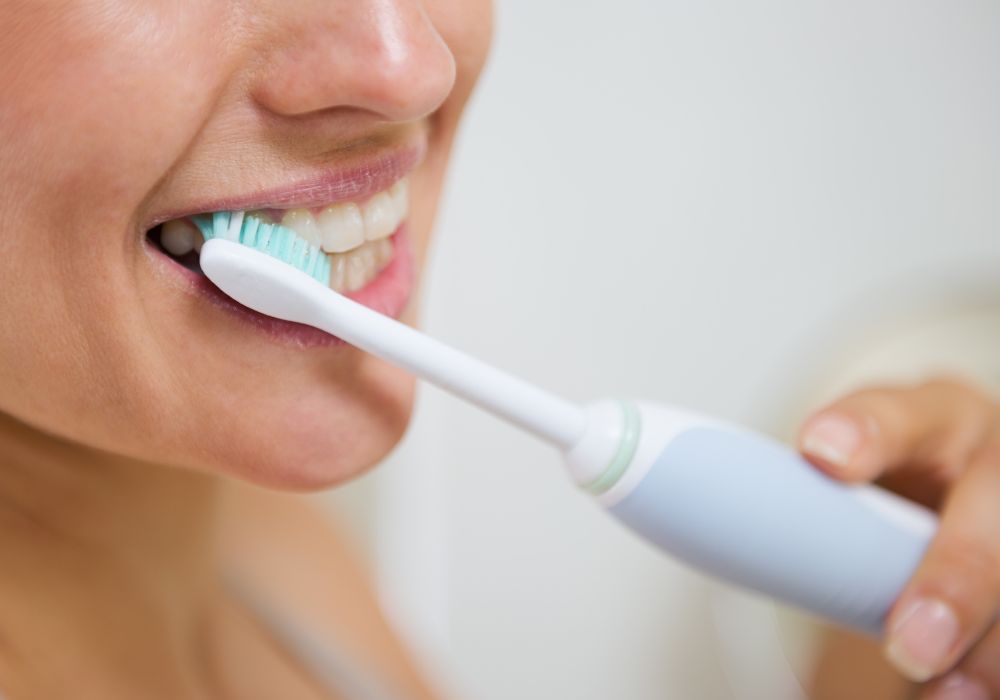
There are several key reasons why some people do not brush their teeth daily:
1. Lack of Education and Habit
Many people simply aren’t taught proper oral hygiene habits from an early age. If parents or caregivers don’t instill the habit of daily brushing, children may grow up without forming a regular brushing routine. The habit of brushing daily needs to be established at a young age and reinforced through adolescence.
2. Busy Schedules and Forgetfulness
It’s easy to skip steps of a daily routine when life gets busy. People often rush out the door in the morning and brushing their teeth gets overlooked. Some people are just prone to forgetfulness or neglect self-care when dealing with stress or workload. Making oral care a priority can be a challenge for disorganized, busy, or anxious individuals.
3. Laziness or Apathy
Some people may understand the importance of brushing but still skip it out of sheer laziness or apathy. The lack of immediate negative consequences makes it easy to procrastinate or ignore brushing. Some people rationalize that missing one day won’t matter. Without the habit and discipline to brush daily, it’s easy to come up with excuses.
4. Mental Health or Physical Disability
In some cases, mental health problems like depression or anxiety disorders can interfere with a person’s motivation and self-care. People struggling with their mental health may not have the energy or focus to keep up with brushing. Physical disabilities can also make brushing difficult. Those missing hands or with limited use of their hands may need modified tools and assistance.
5. Socioeconomic Factors
People dealing with poverty, homelessness, or lack of access to dental care may not get the resources and education needed to prioritize oral hygiene. Toothbrushes, toothpaste, and dental floss can be costly or hard to obtain for low-income families. Some people can’t afford regular dental treatment and feel tooth brushing is futile.
6. Misconceptions About Brushing
There are also some misconceptions about oral hygiene that deter brushing. For example, some believe that rinsing with mouthwash is a substitute for brushing. Others think that drinking orange juice or eating apples can clean your teeth. Some feel that smoking helps remove plaque. These misconceptions downplay the unique benefits of toothbrush bristles and toothpaste.
Consequences of Not Brushing
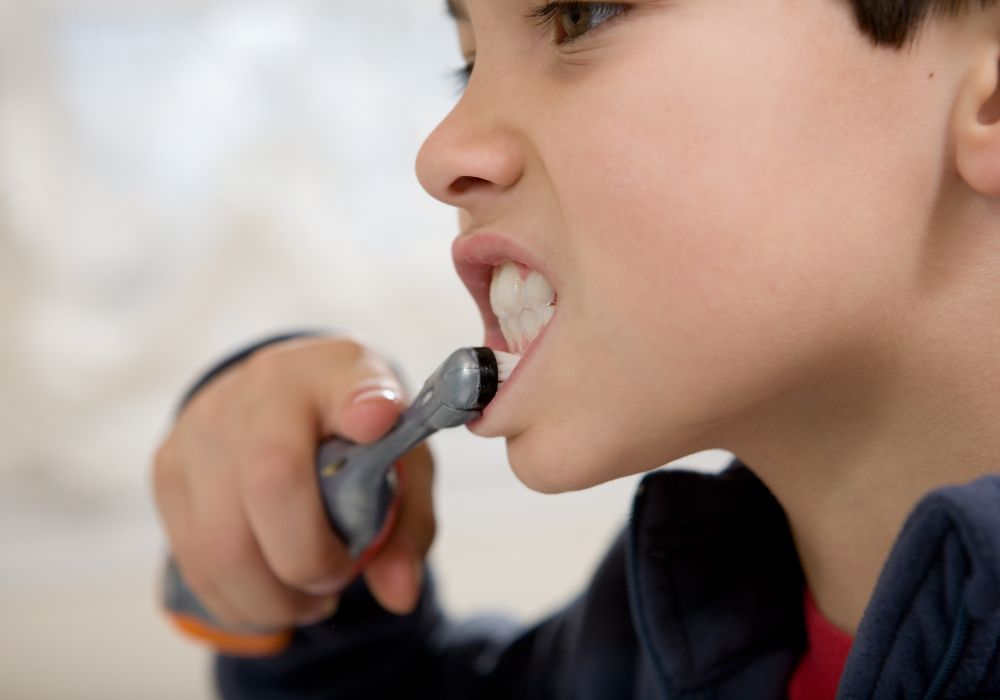
Neglecting oral hygiene can lead to an array of problems:
- Plaque buildup and tartar formation
- Gingivitis – inflammation and bleeding of the gums
- Bad breath (halitosis)
- Tooth decay and cavities
- Periodontal (gum) disease
- Tooth loss
- Systemic health issues like heart disease, stroke, and diabetes
| Plaque/Tartar Buildup | Gingivitis | Tooth Decay | Periodontal Disease |
|---|---|---|---|
| Hardened plaque calcifies into tartar | Gums become inflamed and bleed | Destruction of tooth enamel | Infection and damage to tissue and bone supporting teeth |
| Can’t be removed by brushing alone | Caused by plaque bacteria | Cavities form in enamel | Loosening of teeth, receding gums, tooth loss |
| Irritates gums and promotes gingivitis | Mild gum swelling and tenderness | Bacteria erode enamel and invade dentin | Increased risk of systemic inflammation and disease |
Strategies to Improve Brushing Habits
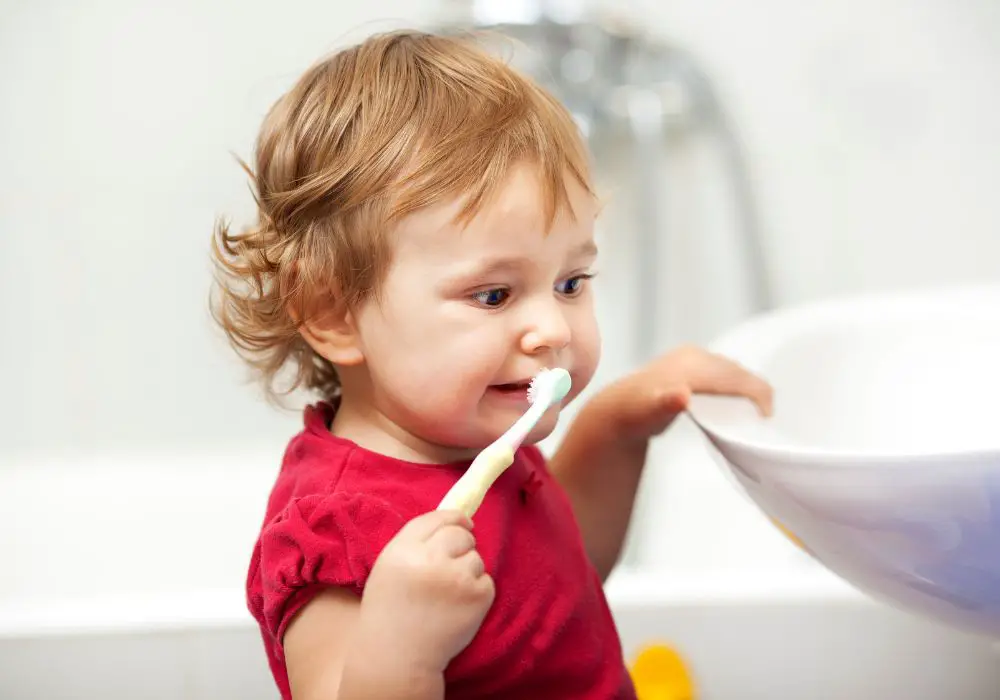
For those who struggle to maintain daily brushing habits, here are some tips:
1. Make it Easy and Convenient
Keep toothbrush, toothpaste, floss within arm’s reach of the bathroom sink. Having supplies readily available makes it simpler to remember.
2. Use Brushing Apps
Download a toothbrushing app that provides brushing timers and reminds you with alerts when it’s time to brush.
3. Schedule it
Build tooth brushing into your daily routine just like showering or breakfast. Take advantage of existing habits.
4. Make it Fun for Kids
Get kids colorful brushes, use apps with brushing games, play music, and set up rewards to motivate brushing.
5. Note Symptoms
Pay attention to symptoms like bad breath, irritated gums, and tooth sensitivity as reminders to brush diligently.
6. See the Dentist Regularly
Routine dental cleanings and feedback from the dentist can reinforce the need for daily oral hygiene.
7. Partner Up
If you live with other people, make tooth brushing a shared habit by setting aside time to do it together.
Frequently Asked Questions
How often should you brush your teeth?
You should brush your teeth twice per day – once in the morning after breakfast and again before bedtime. This helps remove plaque buildup and food debris from meals and snacks throughout the day.
How long should you brush your teeth?
Dentists recommend brushing your teeth for 2 minutes, focusing on all surfaces of each tooth. Setting a 2-minute timer can help ensure you brush thoroughly for the full recommended time.
What is the proper technique for brushing?
Use short, gentle, circular motions when brushing. Hold the brush at a 45-degree angle and begin at the gumline of each tooth, cleaning the outer, inner, and chewing surfaces. Avoid aggressive scrubbing which can damage enamel.
Should you brush before or after breakfast?
It’s ideal to brush your teeth before eating breakfast in the morning. Brushing helps remove bacteria that accumulates in your mouth overnight. Waiting to brush after eating allows bacteria time to start breaking down food and attacking your tooth enamel.
What problems can poor oral hygiene cause?
Inadequate brushing and flossing can lead to plaque buildup, tartar, gingivitis, bad breath, cavities, periodontal disease, and tooth loss. Poor oral hygiene has even been linked to increased risks of stroke, heart disease, and diabetes complications.
Conclusion
Daily oral hygiene is crucial for protecting both dental health and overall health. Unfortunately, many people fail to brush their teeth regularly due to lack of habit, forgetfulness, laziness, mental health problems, physical disabilities, financial limitations, misinformation, and other barriers. This can lead to plaque, gingivitis, cavities, and eventual tooth loss. Making time for oral care, utilizing brushing tools, learning proper technique, and getting professional cleanings are key to developing a lifelong habit of diligent brushing. Consistent, thorough brushing and cleaning between teeth is essential for good health.

